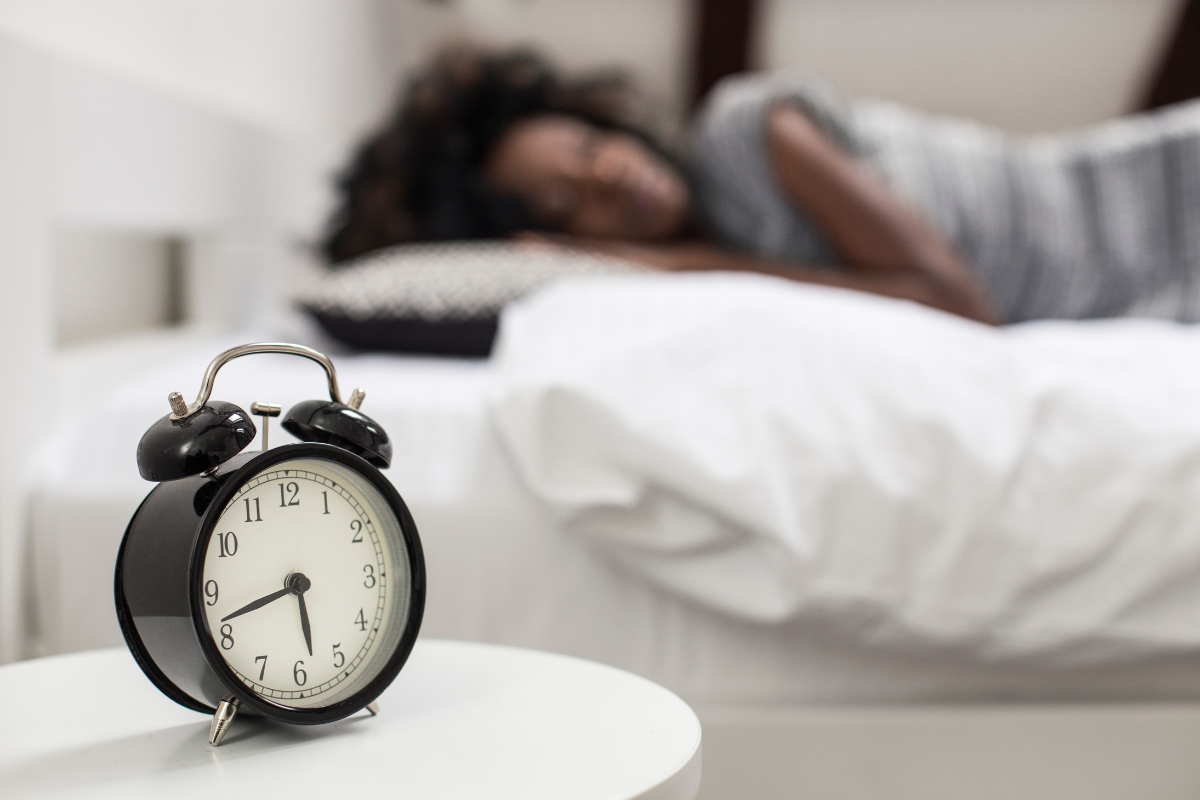World Sleep Day – Restful Nights for Better Wellbeing
Sleep is a cornerstone of good health, yet many of us underestimate its importance. On World Sleep Day (March 14th), we’re reminded that quality sleep is not a luxury – it’s a necessity for both our physical and mental wellbeing. In this article, we explore the science behind sleep, its impact on our lives, and practical tips for getting a good night’s sleep.
The Science of Sleep
Sleep is a complex, restorative process that allows the brain and body to repair and rejuvenate. During deep sleep, tissues regenerate, memory is consolidated, and the immune system is strengthened. Inadequate sleep has been linked to various health issues, such as obesity, heart disease, diabetes, and even impaired cognitive function. Recognising sleep as a fundamental pillar of health is the first step towards improving our overall wellbeing.
Identifying Sleep Challenges
In today’s technology‐driven world, sleep disruption has become increasingly common. We’ve all been there when we’re lying in bed, trying to fall asleep, but we just can’t switch off. Factors such as excessive screen time, stress, irregular sleep schedules, and environmental disturbances can have a big impact on the quality of your sleep and affect your ability to fall asleep in the first place. Identifying these challenges is essential for implementing effective changes.
- Screen Time Overload:
Blue light emitted by smartphones and computers can interfere with your natural sleep cycle. Consider limiting screen exposure an hour before bedtime. - Stress and Anxiety:
Daily stresses and unresolved anxieties can prevent the mind from winding down. Incorporating relaxation techniques before bed can help ease this transition. - Inconsistent Routines:
An irregular sleep schedule confuses your body’s internal clock and can result in it being more difficult to fall asleep, or more difficult to wake up in the morning. Striving for consistency can significantly improve your sleep quality.
Practical Tips for Better Sleep Hygiene
Improving sleep hygiene doesn’t require drastic changes; often, small adjustments can lead to significant improvements in sleep quality:
- Establish a Bedtime Routine:
Create a calming ritual before bed—such as reading, listening to soft music, or practising gentle stretches—to signal to your body that it’s time to wind down. - Optimise Your Sleep Environment:
Keep your bedroom cool, dark, and quiet. Investing in a comfortable mattress and pillows can also make a big difference. - Mindful Consumption:
Avoid large meals, caffeine, and alcohol close to bedtime. These can disrupt your body’s natural rhythms and lead to restless and disturbed sleep. - Regular Exercise:
Engaging in moderate exercise during the day can promote deeper sleep at night. However, try to avoid vigorous activity close to bedtime. - Mindfulness and Relaxation Techniques:
Practices like deep breathing, meditation, or even a warm bath can calm the mind and prepare the body for sleep.
Navigating the Night Shift
For those working irregular shifts, a good night’s sleep is essential, but it can be challenging to adjust and get the amount of sleep that you need.
Even on days off, sticking to a regular sleep routine can help keep your body clock in check. Blackout curtains, white noise machines, and light alarm clocks can make it easier for you to fall asleep as the world wakes up.
If you can manage it, a short nap before a night shift and careful use of light – bright during work hours and dim afterwards – can help reset your natural rhythms. Lastly, making sleep a priority and explaining its importance to your family and friends can help minimise disruptions, ensuring you get the quality rest you need to stay alert and well.
Taking Action on World Sleep Day
World Sleep Day serves as a reminder to prioritise rest in our daily lives, and now is a great time to reassess your sleep habits.
Let’s commit to making sleep a priority. By embracing better sleep hygiene and recognising its vital role in health, we set the stage for a more energised, focused, and balanced life.
Remember: every good day starts the night before.
The content of this article is provided for general information only, and should not be treated as a substitute for the professional medical advice of your doctor or other health care professional.
